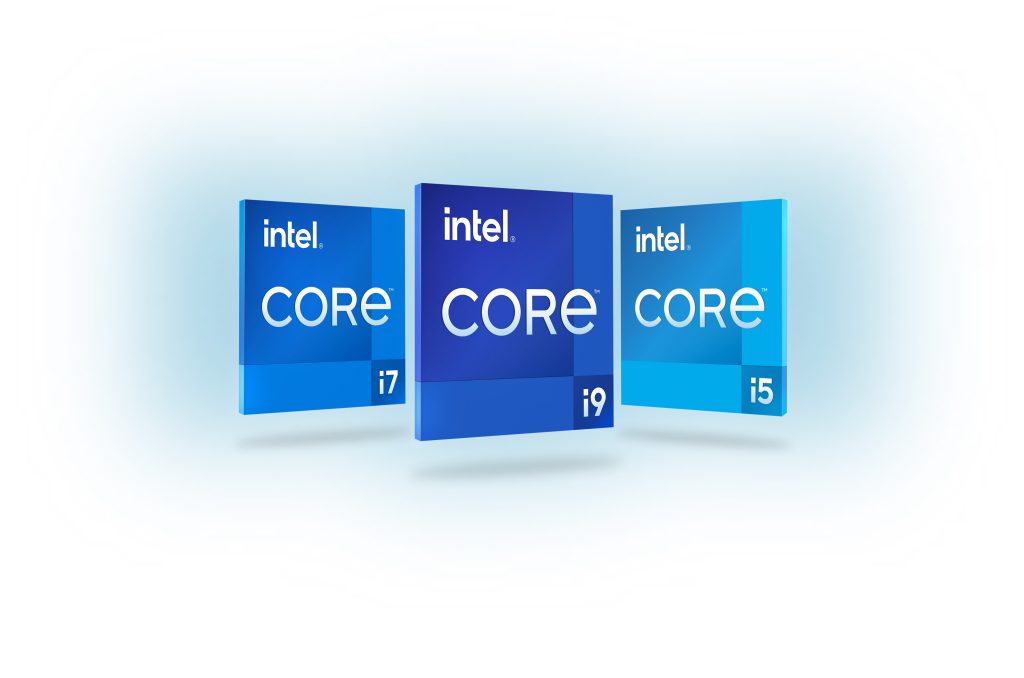Over the last several months, Intel has been investigating a stability issue impacting Intel Core 13th Gen and 14th Gen processors. Now, after hundreds of hours of investigation behind the scenes, Intel has finally discovered the root cause, and additional mitigations for the issue are now on the way for desktop users.
Officially, this issue is referred to as ‘Vmin Shift Instability'. According to Intel, this issue is related to a clock tree circuit within the IA core which is particularly vulnerable to reliability aging under elevated voltage and temperature. Over time with increased voltage and temperatures, a duty cycle shift of the clocks takes place, causing system instability.
There are four key operating scenarios that can cause this phenomenon, and Intel already has mitigations in place for each, as noted below:
- Motherboard power delivery settings exceeding Intel power guidance.
a. Mitigation: Intel® Default Settings recommendations for Intel Core 13th and 14th Gen desktop processors. - eTVB Microcode algorithm which was allowing Intel Core 13th and 14th Gen i9 desktop processors to operate at higher performance states even at high temperatures.
a. Mitigation: microcode 0x125 (June 2024) addresses eTVB algorithm issue. - Microcode SVID algorithm requesting high voltages at a frequency and duration which can cause Vmin shift.
a. Mitigation: microcode 0x129 (August 2024) addresses high voltages requested by the processor. - Microcode and BIOS code requesting elevated core voltages which can cause Vmin shift especially during periods of idle and/or light activity.
a. Mitigation: Intel is releasing microcode 0x12B, which encompasses 0x125 and 0x129 microcode updates, and addresses elevated voltage requests by the processor during idle and/or light activity periods.
Intel is currently testing the 0x12B update and hopes to roll out out via a BIOS update soon. That means in order to get this update, you will need to download a new motherboard BIOS once the update is ready. We expect to hear more about the rollout timing in the weeks ahead.
Discuss on our Facebook page, HERE.
KitGuru Says: Have you encountered any stability issues with your 13th or 14th Gen Core CPU?
 KitGuru KitGuru.net – Tech News | Hardware News | Hardware Reviews | IOS | Mobile | Gaming | Graphics Cards
KitGuru KitGuru.net – Tech News | Hardware News | Hardware Reviews | IOS | Mobile | Gaming | Graphics Cards



